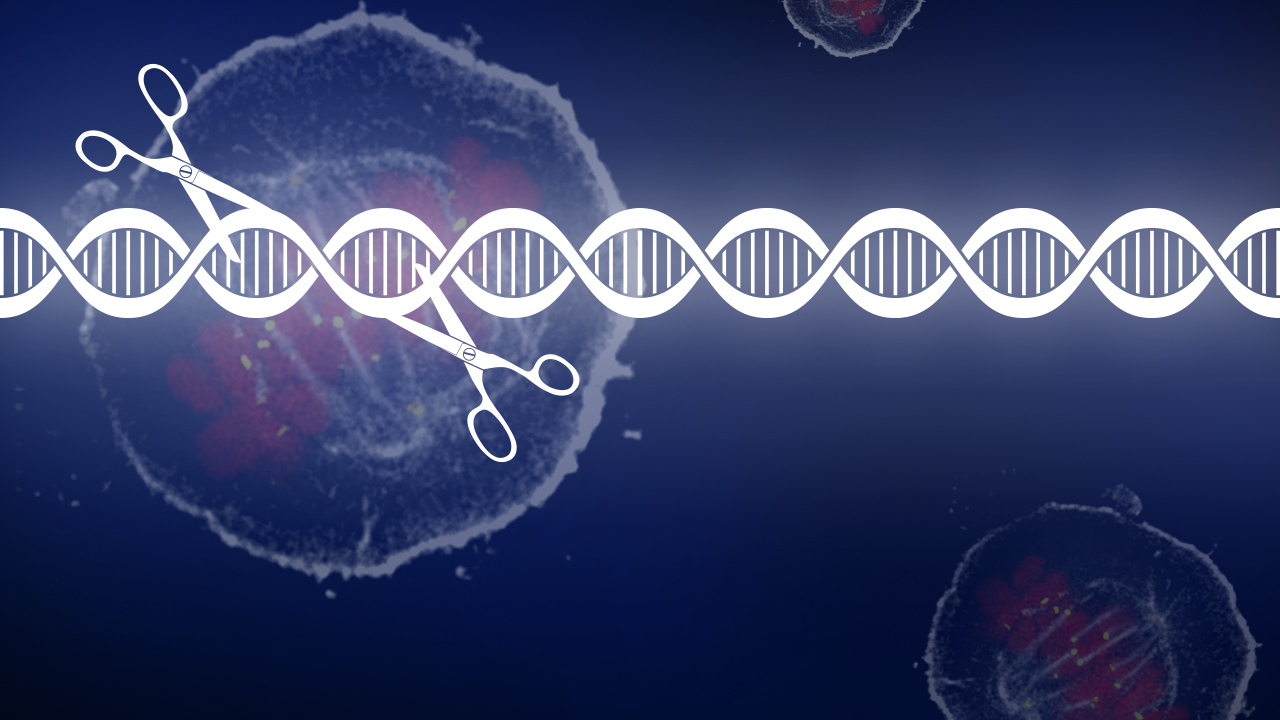Gene Editing Needs to Be for Everyone
By Jennifer Doudna,
Wired
| 01. 08. 2024
At the end of 2023, we witnessed an important moment in the history of medicine: For the first time, the US Food and Drug Administration approved a therapy that uses Crispr gene editing. This new therapy was developed by Crispr Therapeutics and Vertex Pharmaceuticals to treat sickle cell disease, an ailment caused by a single-letter mutation in the genetic code that has been long understood but was neglected by the research community for decades.
This is a major milestone for gene editing in medicine, and specifically for the sickle cell community, who have long awaited better treatment options. The outlook for this therapy is better than we could have hoped. Victoria Gray, one of the first patients in the US to receive the therapy in a clinical trial, is symptom-free four years later. Indeed, this may prove to be not just a therapy but a cure.
There are further Crispr-based therapies coming close on its heels, treating conditions such as high cholesterol, inflammatory disease, and chronic infections. But it’s not time for a victory lap for the field of...
Related Articles
By Diaa Hadid and Shweta Desai, NPR | 01.29.2026
MUMBRA, India — The afternoon sun shines on the woman in a commuter-town café, highlighting her almond-shaped eyes and pale skin, a look often sought after by couples who need an egg to have a baby.
"I have good eggs,"...
By George Janes, BioNews | 01.12.2026
A heart attack patient has become the first person to be treated in a clinical trial of an experimental gene therapy, which aims to strengthen blood vessels after coronary bypass surgery.
Coronary artery bypass surgery is performed to treat...
By Staff, ScienceDaily | 01.05.2026
Scientists at UNSW Sydney have developed a new form of CRISPR technology that could make gene therapy safer while also resolving a decades-long debate about how genes are switched off. The research shows that small chemical markers attached to DNA
...
Following a long-standing CGS tradition, we present a selection of our favorite Biopolitical Times posts of the past year.
In 2025, we published up to four posts every month, written by 12 authors (staff, consultants and allies), some in collaboration and one simply credited to CGS.
These titles are presented in chronological order, except for three In Memoriam notices, which follow. Many more posts that are worth your time can be found in the archive. Scroll down and “VIEW...




